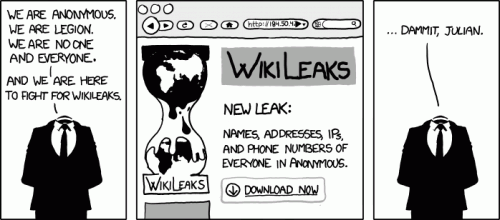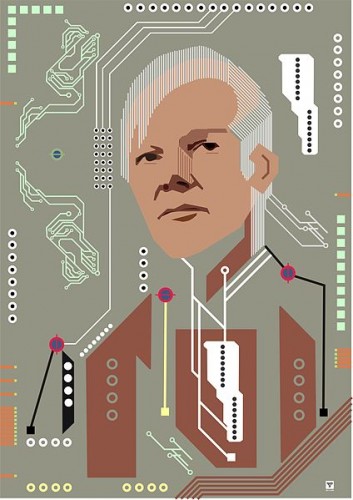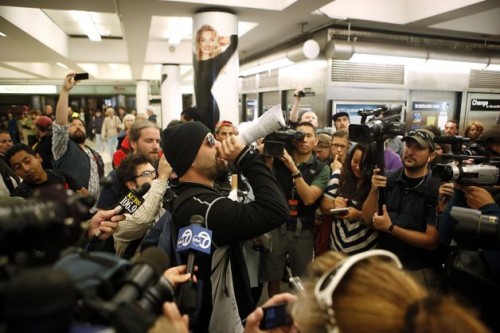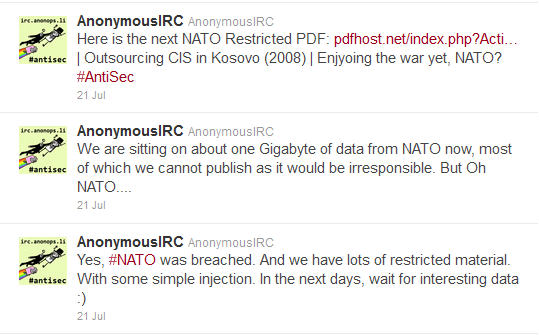
“Have you been on Yik Yak?”
My graduate student friends can attest to the fact that I ask this question of almost everyone at some point. Sometimes more than once, like when you’re excited about something and can’t help but tell the story over and over again to the same audience. Annoying, I know, and I’m sorry to all my friends.
But it’s just because I find Yik Yak absolutely fascinating. I’m drawn to it because, for at least some users, it serves as a sort of technologically cultivated hive-mind therapy session. For the uninitiated, Yik Yak is an anonymous social media app available on Android or iOS mobile devices. Users can post, vote on, and publicly reply to “yaks.” Users collect “Yakarma” based on how many votes their yaks receive and how often they vote on other yaks. Once a post receives more than five down votes it is removed. Rather than following other users or adding friends, Yik Yak shows posts from others within a ten-mile radius of your location, so when you visit the Yik Yak stream you are seeing the anonymous posts of other users in your area. As such, it is particularly popular among college students—a place to gripe about classes you hate, snoring roommates, bad cafeteria food, and attractive people that won’t give you the time of day. Of course, it’s also a place for inside jokes and celebrating particularly rowdy parties, but to be frank, there’s a lot of complaining. more...










